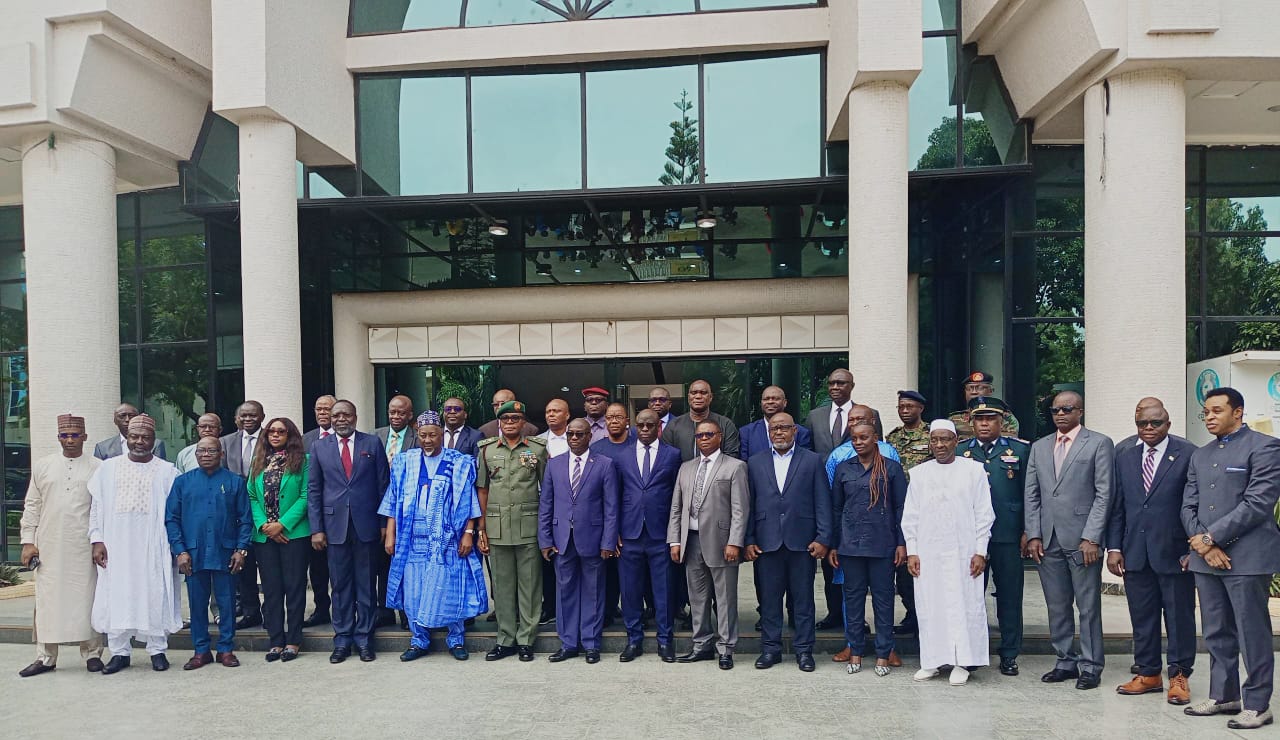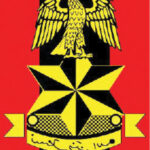The Economic Community of West African States (ECOWAS) needs up to $2.6 billion annually to establish a 5,000-strong security force to combat terrorism.
Speaking at the meeting of Ministers of Finance and Defense of Member States in Abuja on Thursday, Nigerian Defence Minister Mohammed Badaru Abubakar, said $2,606,695,640 is needed per year for 5,000 men.
Alternatively, he said another option that would cost $481 million for 1,650 troops was also being considered depending on the availability of funds.
“The financial implications of these proposals are significant. The overall estimated cost is $2,606,695,640 per year for a brigade of 5,000 men.
- ‘I was paid N50,000′, Abuja resident caught with bandits’ ammunition confesses
- 5 things to know about youngest UniAbuja Acting VC
“The alternative proposal is for a brigade of 1,650 men, with an estimated annual cost of $481,459,335. These figures
underscore the gravity of the task before us and the necessity of a robust and sustainable resource mobilisation strategy,” he said.
The meeting is to decide on the size of a potential force and how much would be required to fund it.
Abubakar said. “It is therefore imperative that we critically review the options considering the current challenges confronting our region and the financial concerns facing our various member states.”
Dr Omar Ali Toure, President of the ECOWAS Commission, highlighted the importance of fighting terrorism together, noting that the 2024 Global Terrorism Index reports that the epicentre of terrorism had shifted from the Middle East and North Africa into the sub-Saharan African region, largely in the Sahel region.
“The Sahel is the most affected region within the Sahara, accounting for over half of all deaths from terrorism and 26% of attacks in 2023.
“Some of our member states have become countries with the highest impact from terrorism for the first time, with fatalities increasing by 68%.
“A quarter of all deaths from terrorist attacks occurring globally were in Burkina Faso, while Mali is ranked number three most impacted country.
In January, military-ruled Niger, Burkina Faso and Mali decided to exit the 15-member union, citing many reasons.
However, Touray said members under suspension would not be excluded from the regional force.
“Taking due consideration of the transborder nature of the menace and the need to address it collectively and in line with the directive by the Authority on Peace and Security Matters, I would like to inform this August body that the invitation to this meeting was extended to all the 15 ECOWAS member states,” he said.

 Join Daily Trust WhatsApp Community For Quick Access To News and Happenings Around You.
Join Daily Trust WhatsApp Community For Quick Access To News and Happenings Around You.


